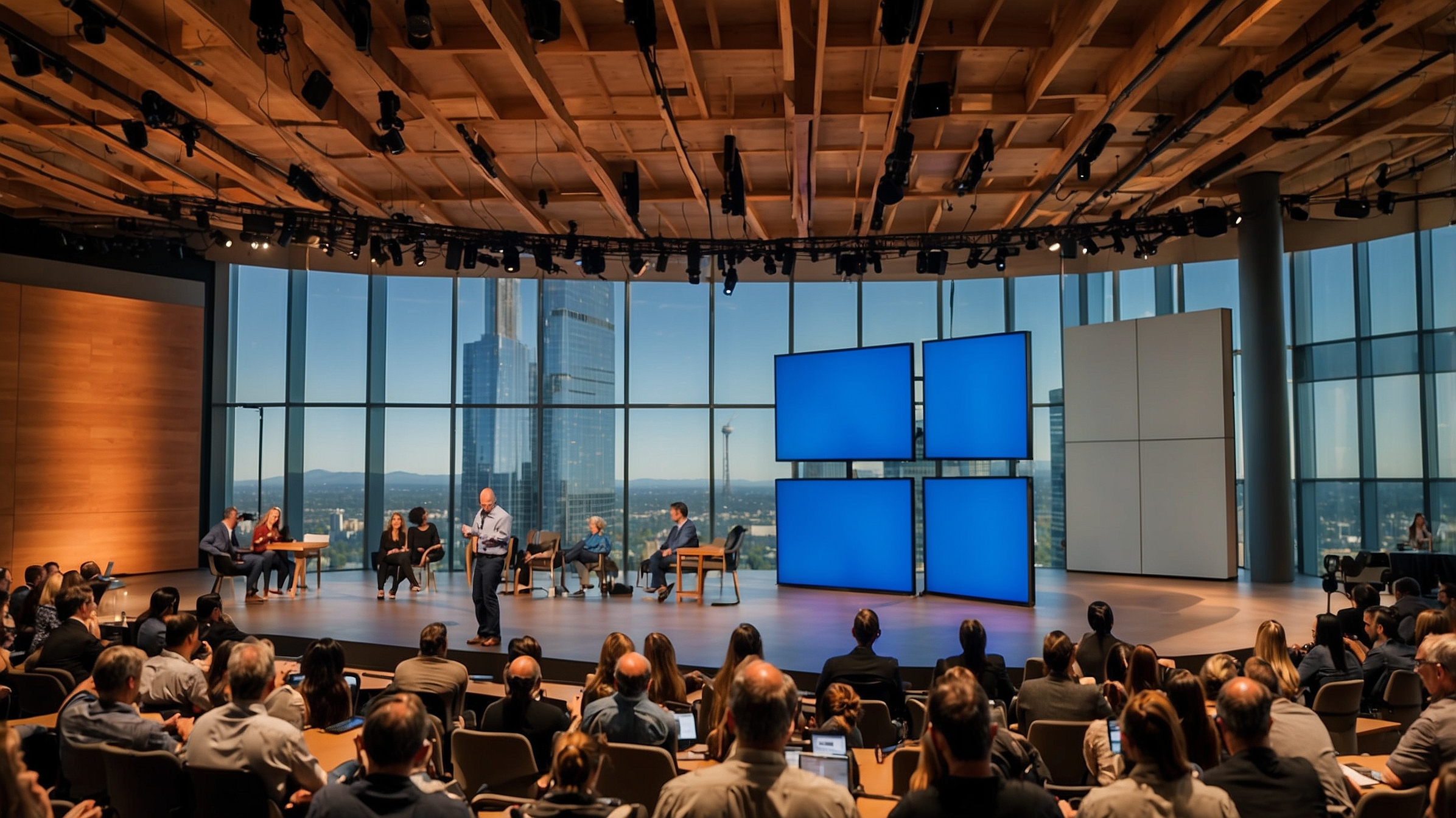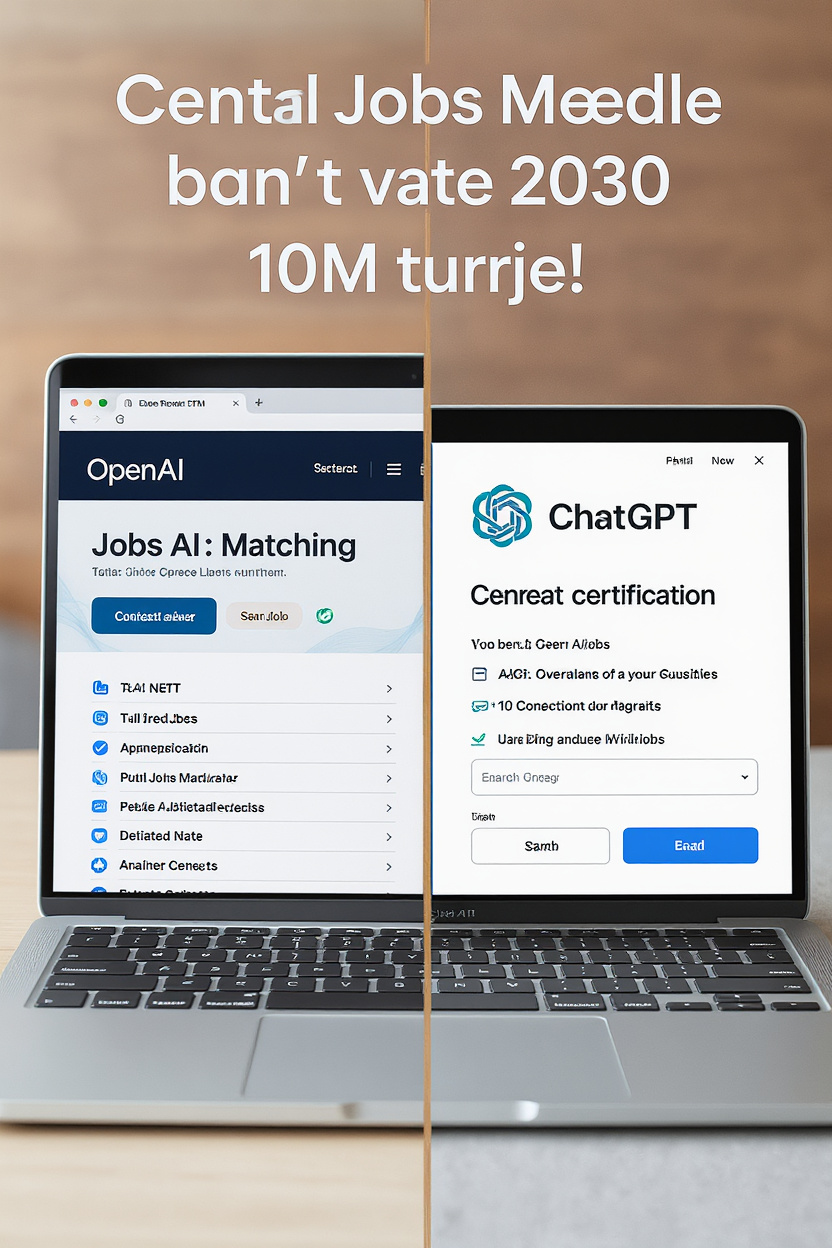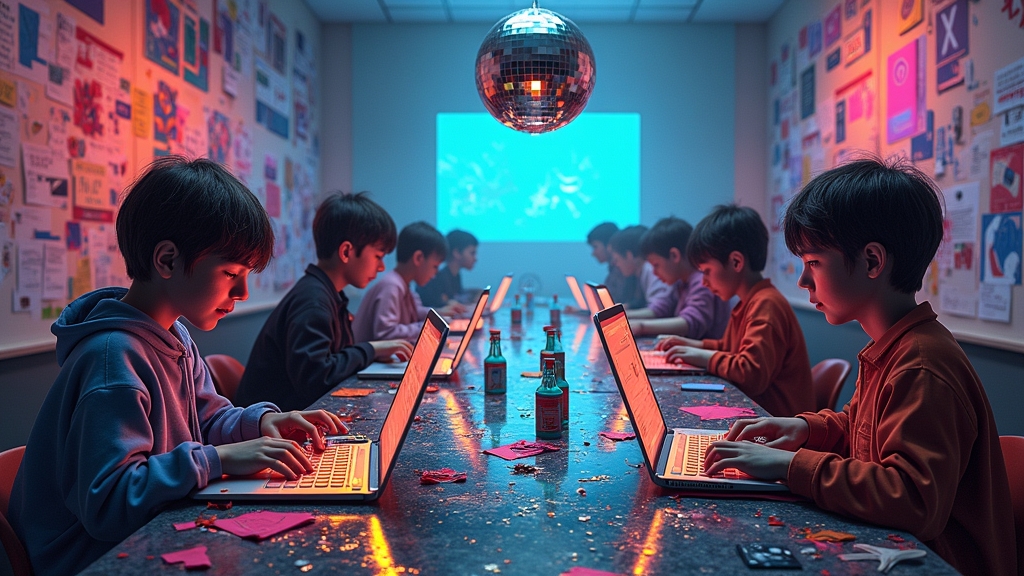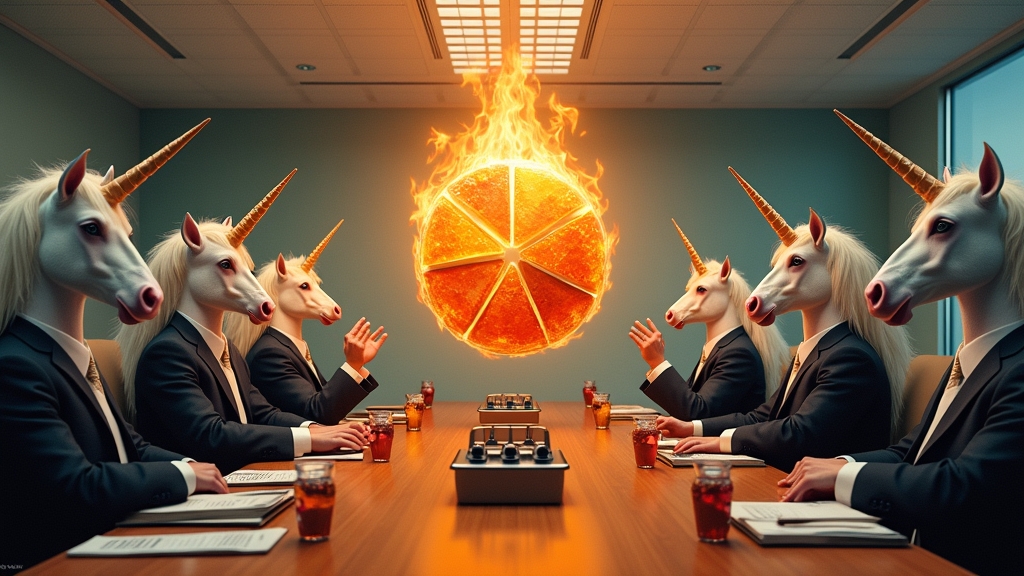Microsoft Bombards Drowsy Tech World with More “Groundbreaking” Innovations That Look Suspiciously Like a Spreadsheet Update
In a shocking development at Microsoft Ignite 2024, the tech giant once again reminded us why they’re the undisputed kings of offering slightly updated versions of things we already have. Microsoft proudly announced their latest innovations in AI, security, and Teams, leaving critics to wonder if they’ve just slapped a fresh coat of glossy paint on an old fence, while parading it around as the “future of enterprise tech.”
The star of the conference was the new Microsoft Copilot, an AI assistant designed to assist employees in pretending to work while they’re actually just scrolling through their phones. “We wanted to create an AI that transcends human intellect,” said Hyram Blatherstone, Microsoft’s Chief of Predictable Announcements. “Copilot fulfills this visionary goal by helping you look productive with minimal effort.”
Meanwhile, the Teams platform saw a thrilling update which now allows awkward pauses during video calls to be automatically filled with AI-generated small talk like, “So, how’s the weather?” A groundbreaking feature sure to revolutionize painfully silent corporate meetings worldwide.
As for security enhancements, Microsoft promises that their AI can now detect intrusions 0.5 seconds faster than last year’s model, which, of course, will leave hackers quaking in their boots as they casually bypass company firewalls on their lunch breaks.
In an eyebrow-raising twist, Microsoft’s new Azure AI Foundry promises to simplify the complexity of Big Data by transforming it into Even Bigger Data, thus maintaining the cosmic balance of unnecessary software upgrades and analytic jargon.
The conference was rounded off by CEO Satya Nadella dramatically unveiling a collaborative effort with Nvidia, dubbed the “AI Foundry,” mainly to compete with other equally vague and extravagant-sounding tech project names that also promise to change the world. “We’re revolutionizing work,” Nadella insisted, “or at least, we’re revolutionizing the excuses not to do it.”
Reactions from attendees were mixed. “It’s revolutionary, I just can’t figure out how yet,” stated Jean Stapler, a loyal user of Excel since the Reagan administration. “I look forward to using these innovations to write my grocery list in a Teams meeting using AI and call it ‘digital transformation.’”
In a world yearning for real solutions and mind-blowing technological evolution, Microsoft’s latest array of ‘innovations’ serves as another gentle reminder that sometimes, the more things change, the more they stay exactly the same.





